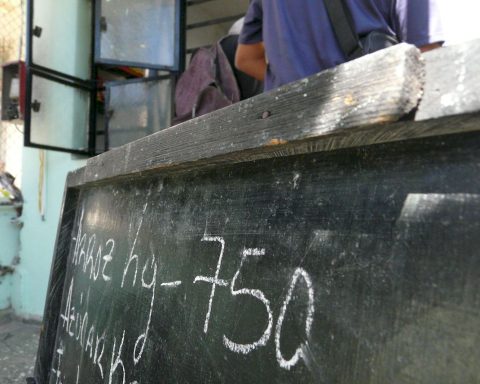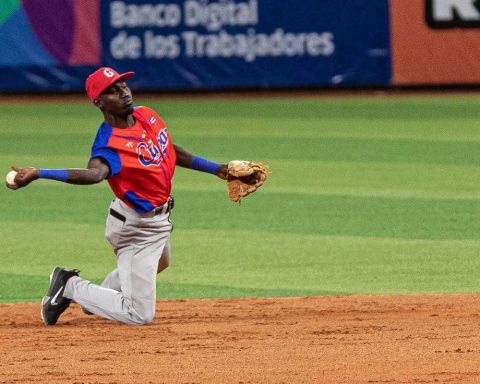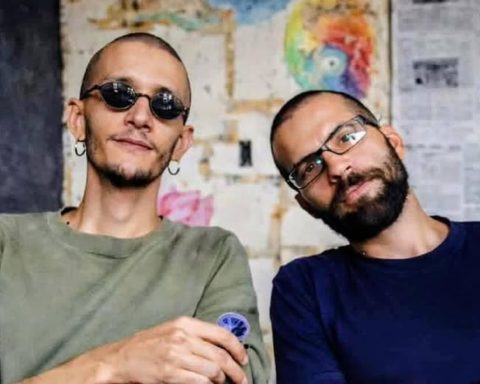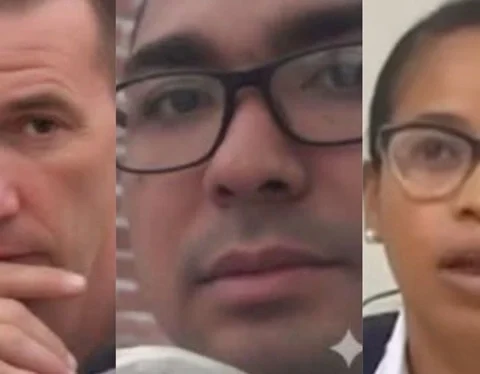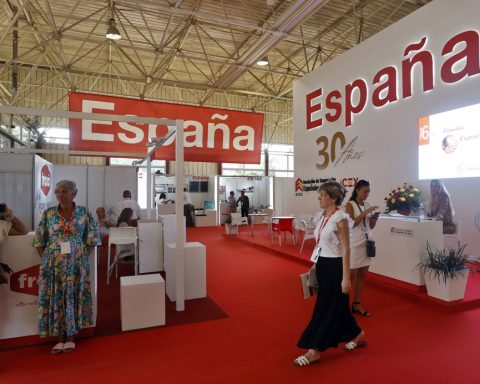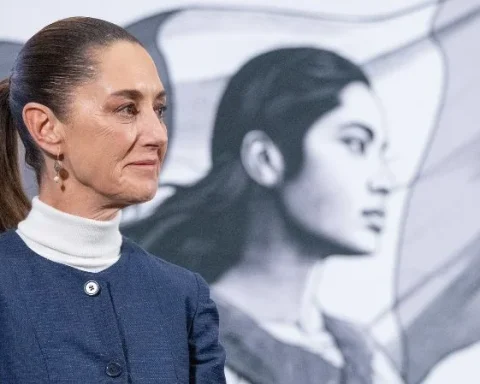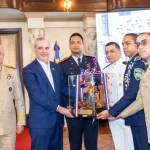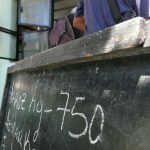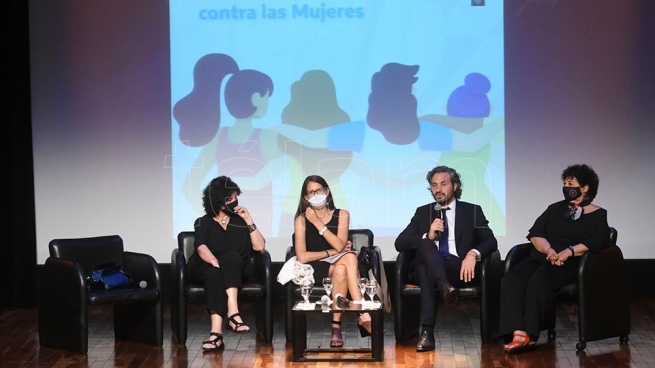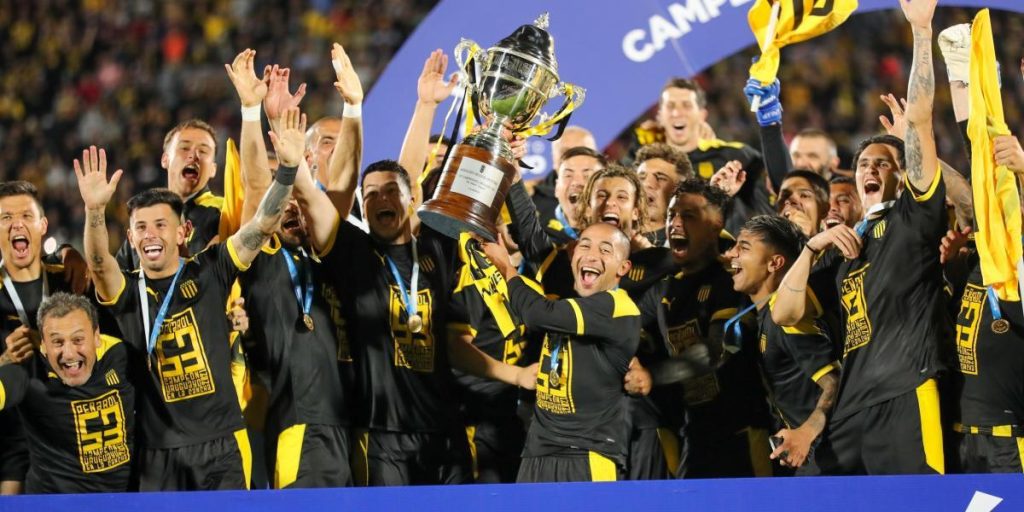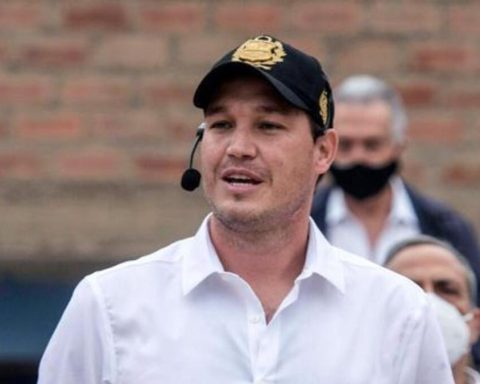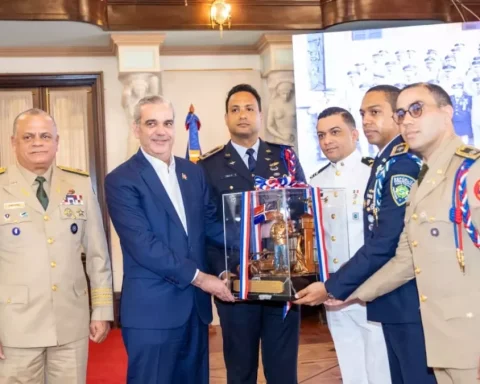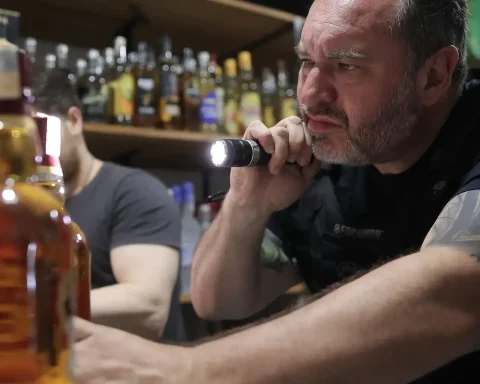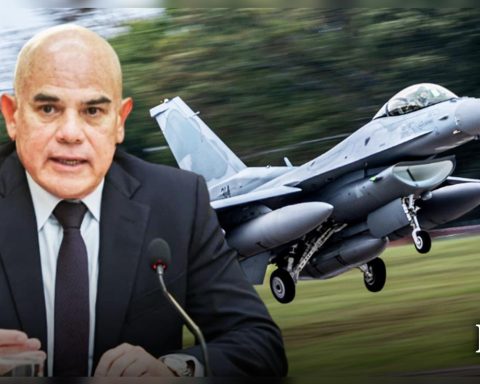The Congress of Peru rejected this Tuesday with 46 votes in favor and 76 against the vacancy motion against President Pedro Castillo, which closes for now the impeachment attempt promoted by the opposition.
At the time of the vote, the attendance of 128 congressmen was registered, after the absence of parliamentarians María Taipe and Abel Reyes, from the ruling Peru Libre.
The opposition parties gathered 46 votes in favor of the 52 needed to advance the motion. The absences of Taipe and Reyes, added to the abstention of four legislators, prevented meeting the six votes missingTherefore, the vacancy process against Castillo was not successful.
Political tension
The day of this Tuesday was marked by a climate of strong political tension, since until the last moment there was uncertainty about the results of the vote.
In addition, the decision was preceded by a long session in which the congressmen questioned the Minister of Education, Carlos Gallardo, who faces a controversy due to the leakage of the tests that teachers must undergo.
While Gallardo listened to criticism from opponents, many of whom asked him to resign, Negotiations with the various political forces were continuing from the Government to avoid the vacancy, a process that in Peru involves impeachment against the leaders.
The motion was requested on November 18 by Patricia Chirinos, a legislator from the right-wing Avanza País alliance, who appealed to Castillo’s “moral incapacity”, a vague concept that governs Peru and which has contributed to institutional weakness, since it is a permanent threat to the incumbent ruler in a country that has had eight presidents in the last 20 years.
Two of them, Pedro Pablo Kuczynski and Martín Vizcarra, were dismissed precisely for “moral incapacity.”
In Castillo’s case, the request to end his government seemed to have no future, but a succession of scandals ended up strengthening the parliamentary process.
Last month, the Prosecutor’s Office found $ 20,000 in cash in the office of the former presidential secretary, Bruno Pacheco, who had already resigned from office and was being investigated for alleged “influence peddling” to favor private companies.
This allowed the opposition to redouble its efforts to remove the president. On November 25, Chirinos presented a motion that already had the endorsement of 28 legislators from the conservative benches Popular Renovation and Popular Force (Fujimori). The accusations were multiple, from the appointments of ministers questioned (and most of them have already been replaced) to diplomatic relations with Venezuela.
Later, a television program revealed that Castillo had met with politicians and businessmen in a house in Breña, a popular neighborhood in the center of Lima, where he lives because he does not want to move to the Government Palace.
The problem is that Castillo never officially reported those meetings, something to which he is required by law due to his inauguration. In his defense, he argued that they were personal encounters that only concern his private life.
“Official meetings are only held in the Palace. At my home I have only received visits of a personal nature. Therefore, I strongly reject having had any kind of participation in irregular acts that have favored a particular interest, “he said.
The explanations were not satisfying. On the contrary, they fed the opposition accusations of possible corruption, since on the list of visitors are businessmen who later obtained government contracts. One of them is the businesswoman Karelin López, who hours after seeing the president won a tender for 64 million dollars.
Castillo took office on July 28, after a long post-election conflict in which the opposition Keiko Fujimori was reluctant to accept her defeat. Since the presidential sash was installed, his government has been in constant crisis due to the harassment of the partisan and media opposition, to which are added the political confrontations within Peru Libre, the party that brought him to power.
